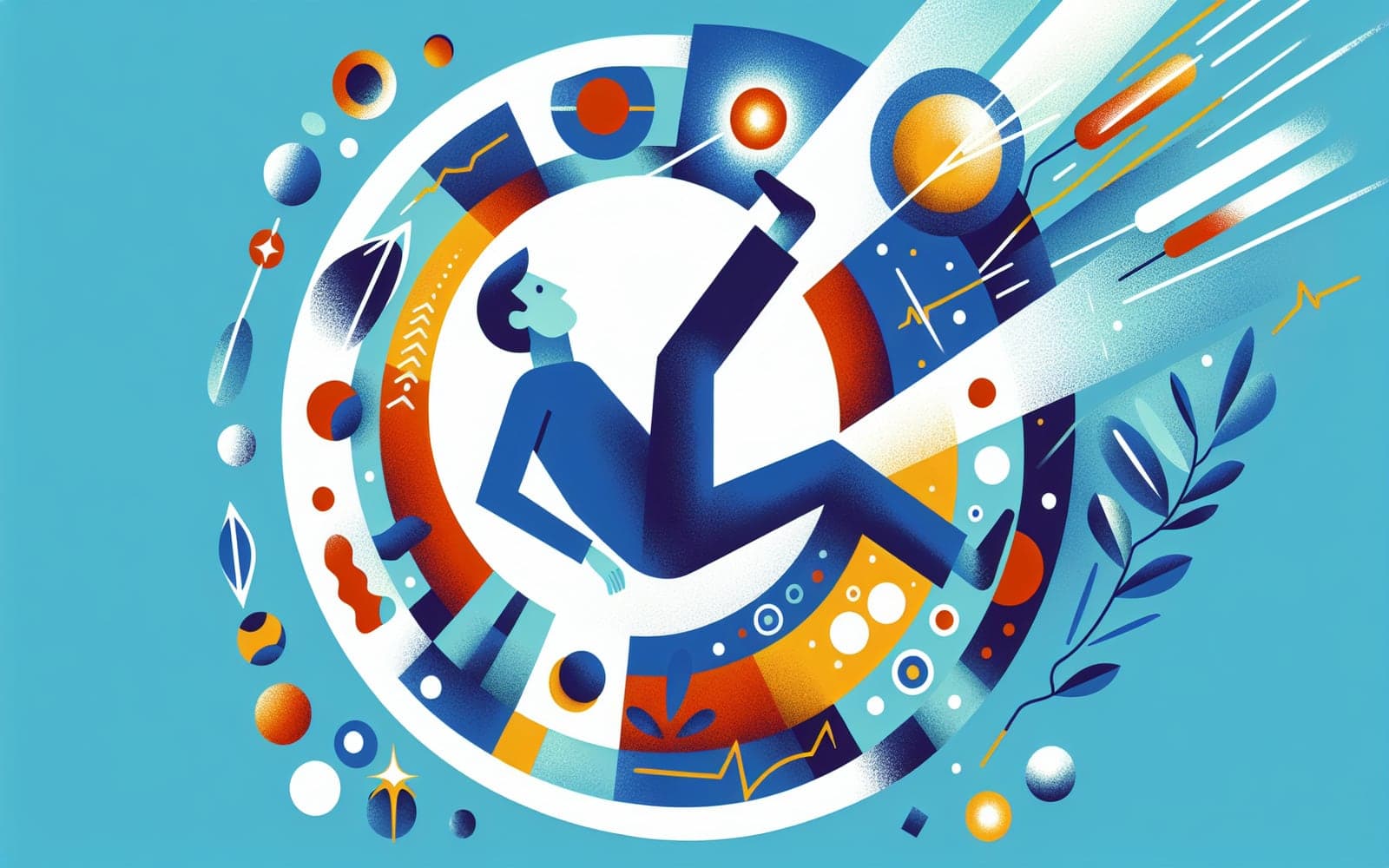Contents
-
Family History and Genetics
-
Medical Conditions Linked to RLS
-
Lifestyle and Environmental Factors
Are You at Risk for Restless Legs Syndrome?
Are You at Risk for Restless Legs Syndrome?
The Big Picture
Certain factors can increase your chances of developing Restless Legs Syndrome (RLS). Let's find out what they are.
Contents
-
Family History and Genetics
-
Medical Conditions Linked to RLS
-
Lifestyle and Environmental Factors
Family History and Genetics
Genetics play a significant role in RLS, with 40 to 60 percent of sufferers having a family history of the condition. Research suggests multiple genetic variants may contribute to the risk, although no single gene has been pinpointed. This means if your relatives have RLS, you might be more likely to develop it too.
Medical Conditions Linked to RLS
Certain medical conditions are commonly associated with RLS. These include iron deficiency, kidney failure, neuropathy, and pregnancy. Each of these conditions can exacerbate the symptoms of RLS, making it important to manage these underlying issues to improve RLS symptoms.
Lifestyle and Environmental Factors
Lifestyle choices and environmental factors can also influence RLS. Frequent blood donation can lead to low iron stores, increasing RLS risk. Additionally, medications like certain antidepressants and antihistamines can worsen RLS symptoms, making it important to review your medication list if you suspect RLS.
FAQs
Can genetics influence RLS?
Yes, a family history increases RLS risk.
Which medical conditions are linked to RLS?
Iron deficiency, kidney failure, neuropathy, and pregnancy.
Can lifestyle impact RLS?
Yes, factors like frequent blood donation can increase risk.
Do medications affect RLS?
Certain medications can worsen RLS symptoms.
Key Takeaways
Being aware of RLS risk factors can help you take steps to manage them.
Additional References
-
Ondo W, Jankovic J. Restless legs syndrome: clinicoetiologic correlates. Neurology 1996; 47:1435.
-
Giannaki CD, Hadjigeorgiou GM, Karatzaferi C, et al. Epidemiology, impact, and treatment options of restless legs syndrome in end-stage renal disease patients: an evidence-based review. Kidney Int 2014; 85:1275.
This article has been reviewed for accuracy by one of the licensed medical doctors working for Doctronic.












